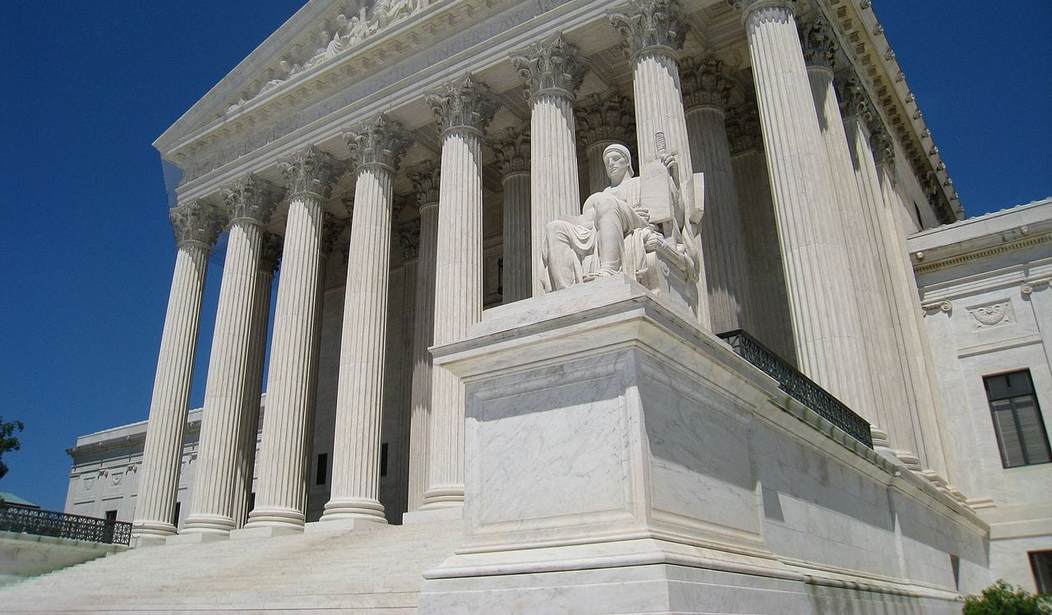On Monday, the U.S. Supreme Court unanimously ruled that the National Collegiate Athletic Association (NCAA) violated the rights of student athletes by restraining their compensation. Specifically, the NCAA violated the Sherman Antitrust Act by unduly restraining colleges from compensating student athletes.
The NCAA rules “depress compensation for at least some student-athletes below what a competitive market would yield,” thus violating their rights under the Sherman Antitrust Act, the syllabus for NCAA v. Alston (2021) explained.
Justice Neil Gorsuch wrote the opinion for a unanimous Court, upholding the ruling of the U.S. Court of Appeals for the 9th Circuit. Justice Brett Kavanaugh wrote a concurrence.
Gorsuch painstakingly went through each of the NCAA’s arguments, dismantling them one by one. The NCAA argued that its compensation rules should not be subject to a “rule of reason” analysis because it is a joint venture to offer consumers the unique product of intercollegiate athletic competition. Gorsuch explained that the NCAA has monopoly power in the market, so it deserves no such deference. He also dismissed the NCAA’s argument that it should be exempt because it offers societally important non-commercial benefits.
Kavanaugh’s concurrence hailed the decision as historic.
“The Court’s decision marks an important and overdue course correction,” Kavanaugh wrote. He lamented, however, that the decision only concerns the NCAA’s education-related compensation rules.
“The NCAA couches its arguments for not paying student athletes in innocuous labels. But the labels cannot disguise the reality: The NCAA’s business model would be flatly illegal in almost any other industry in America,” Kavanaugh argued.
“All of the restaurants in a region cannot come together to cut cooks’ wages on the theory that ‘customers prefer’ to eat food from low-paid cooks. Law firms cannot conspire to cabin lawyers’ salaries in the name of providing legal services out of a ‘love of the law.’ Hospitals cannot agree to cap nurses’ income in order to create a ‘purer’ form of helping the sick. News organizations cannot join forces to curtail pay to reporters to preserve a ‘tradition’ of public-minded journalism. Movie studios cannot collude to slash benefits to camera crews to kindle a ‘spirit of amateurism’ in Hollywood,” Kavanaugh wrote. “Price-fixing labor is price-fixing labor.”
College athletic traditions “cannot justify the NCAA’s decision to build a massive money-raising enterprise on the backs of student athletes who are not fairly compensated,” Kavanaugh added. “Nowhere else in America can businesses get away with agreeing not to pay their workers a fair market rate on the theory that their product is defined by not paying their workers a fair market rate. And under ordinary principles of antitrust law, it is not evident why college sports should be any different. The NCAA is not above the law.”
Recommended: Take That, NCAA: LaVar Ball Presents Free Market Alternative to College Basketball
The Supreme Court’s decision is indeed historic, but Kavanaugh is correct: It does not go nearly far enough. If the NCAA has violated the Sherman Antitrust Act, then it should not just have to allow colleges to offer more education-related benefits to student athletes — it should have to allow colleges to pay their money-making sports stars.









Join the conversation as a VIP Member